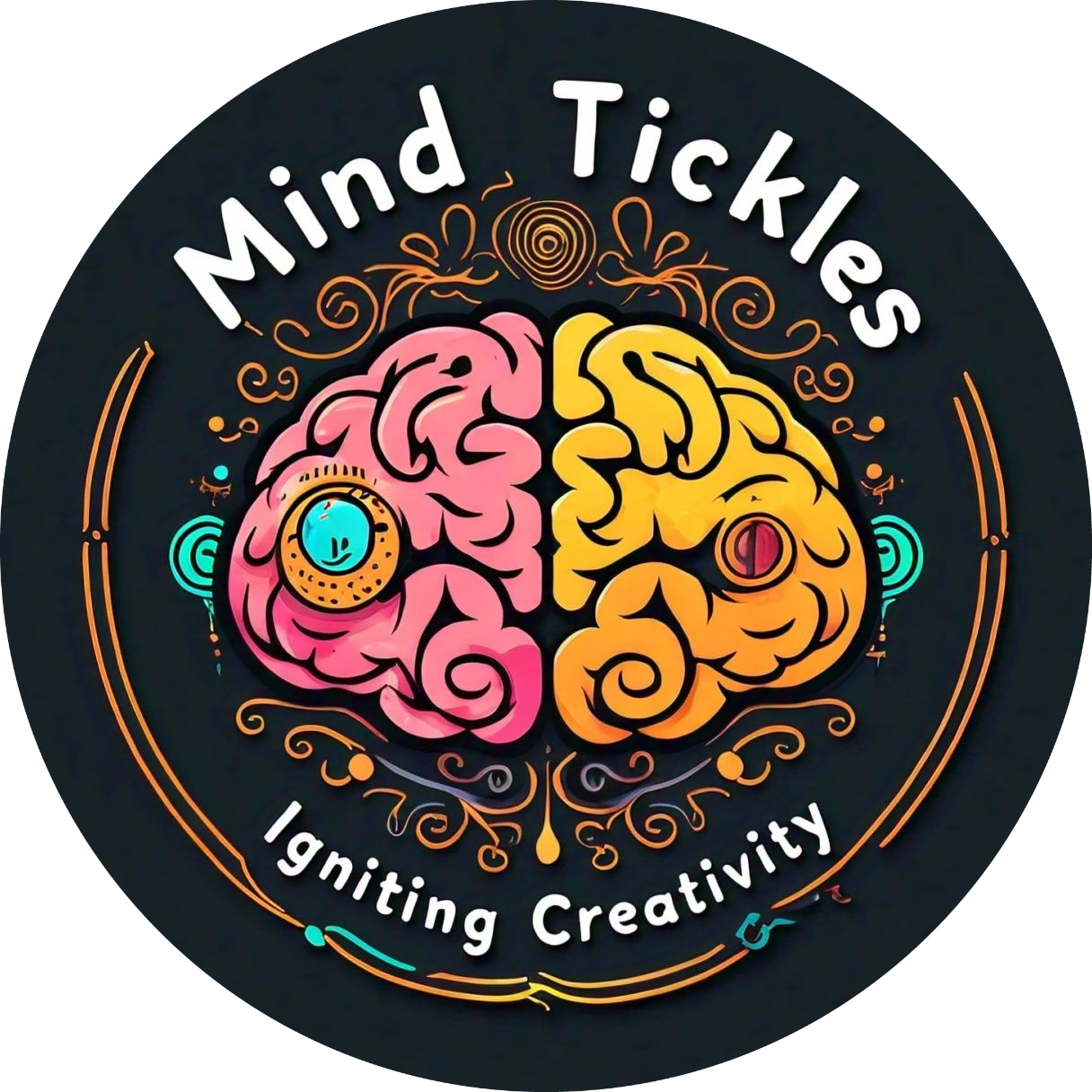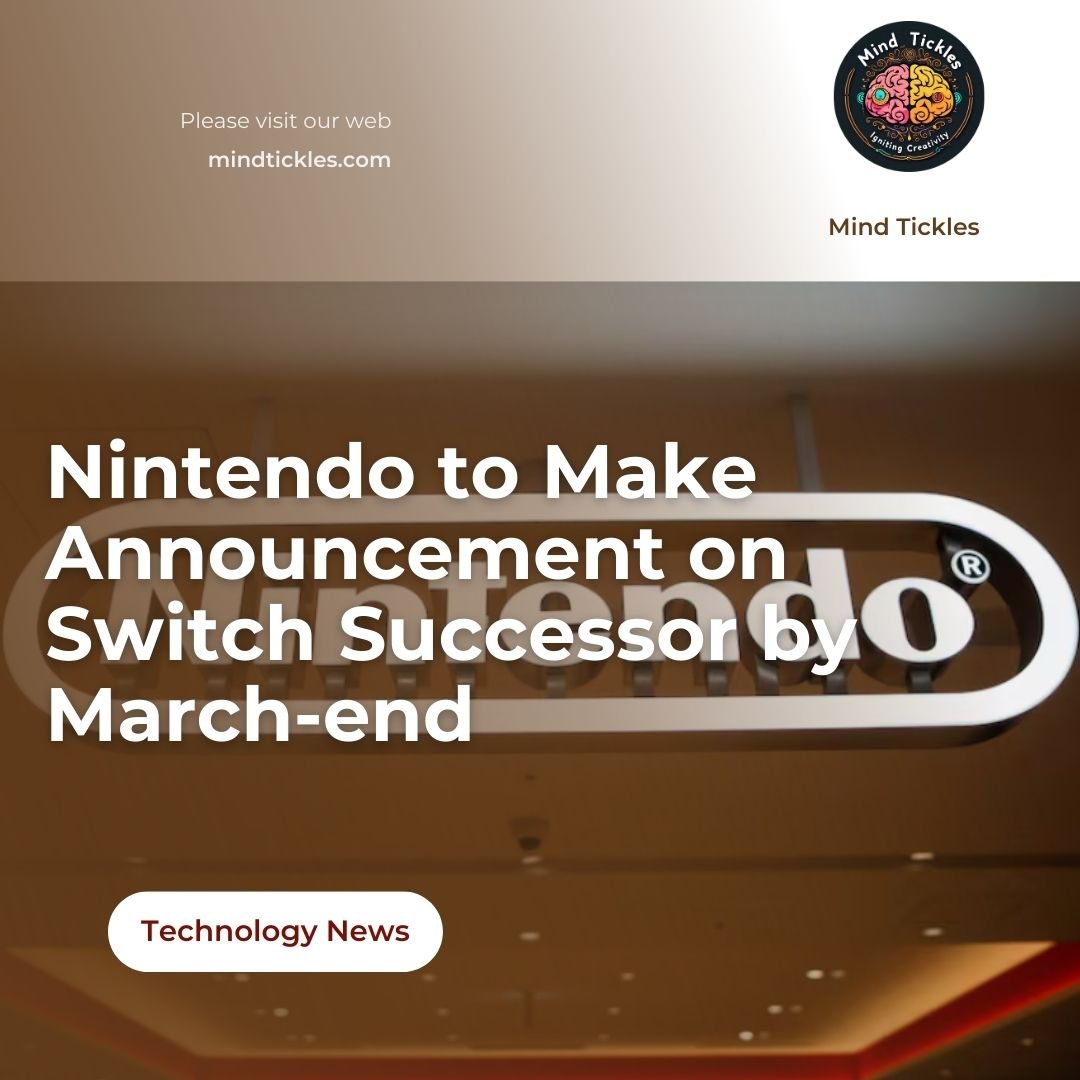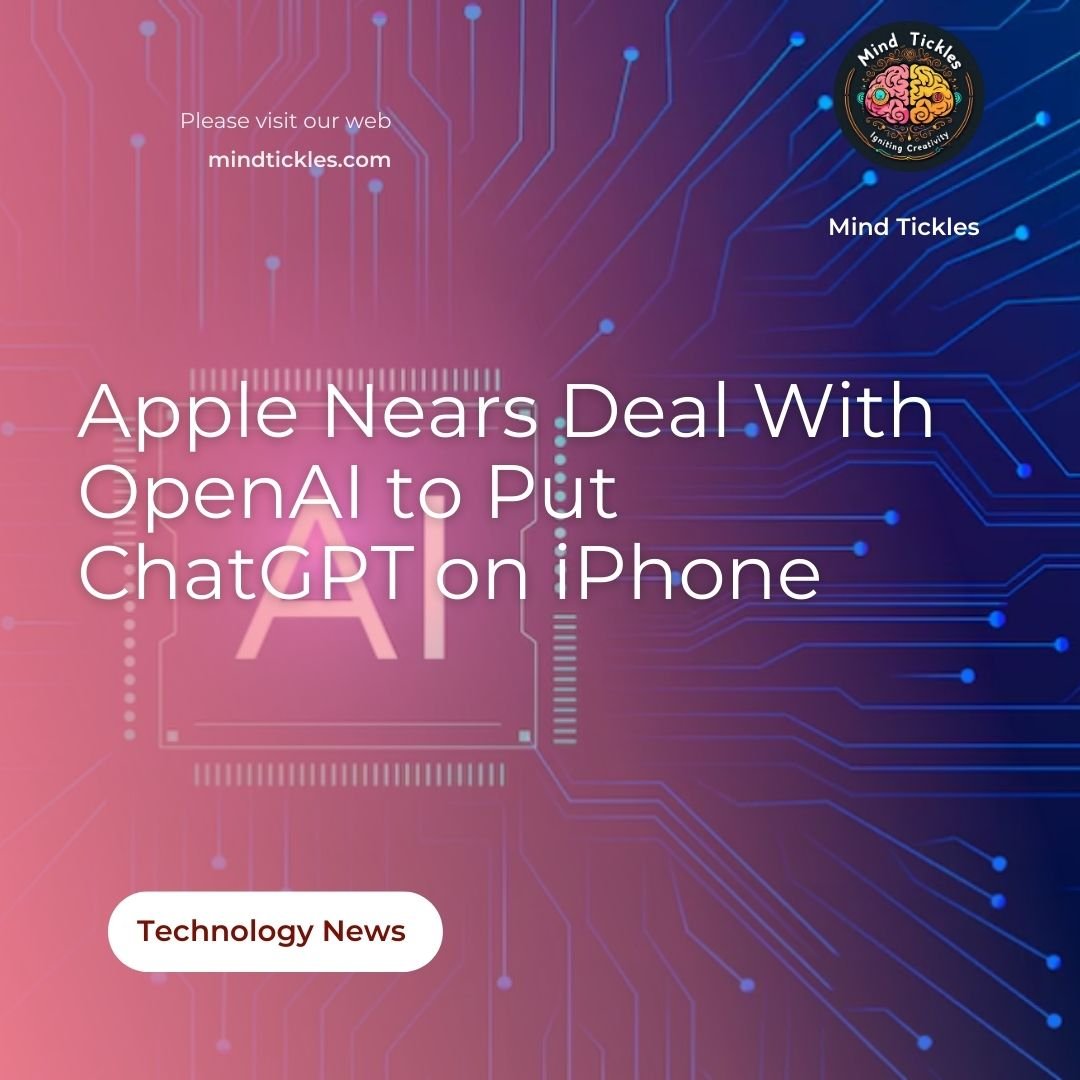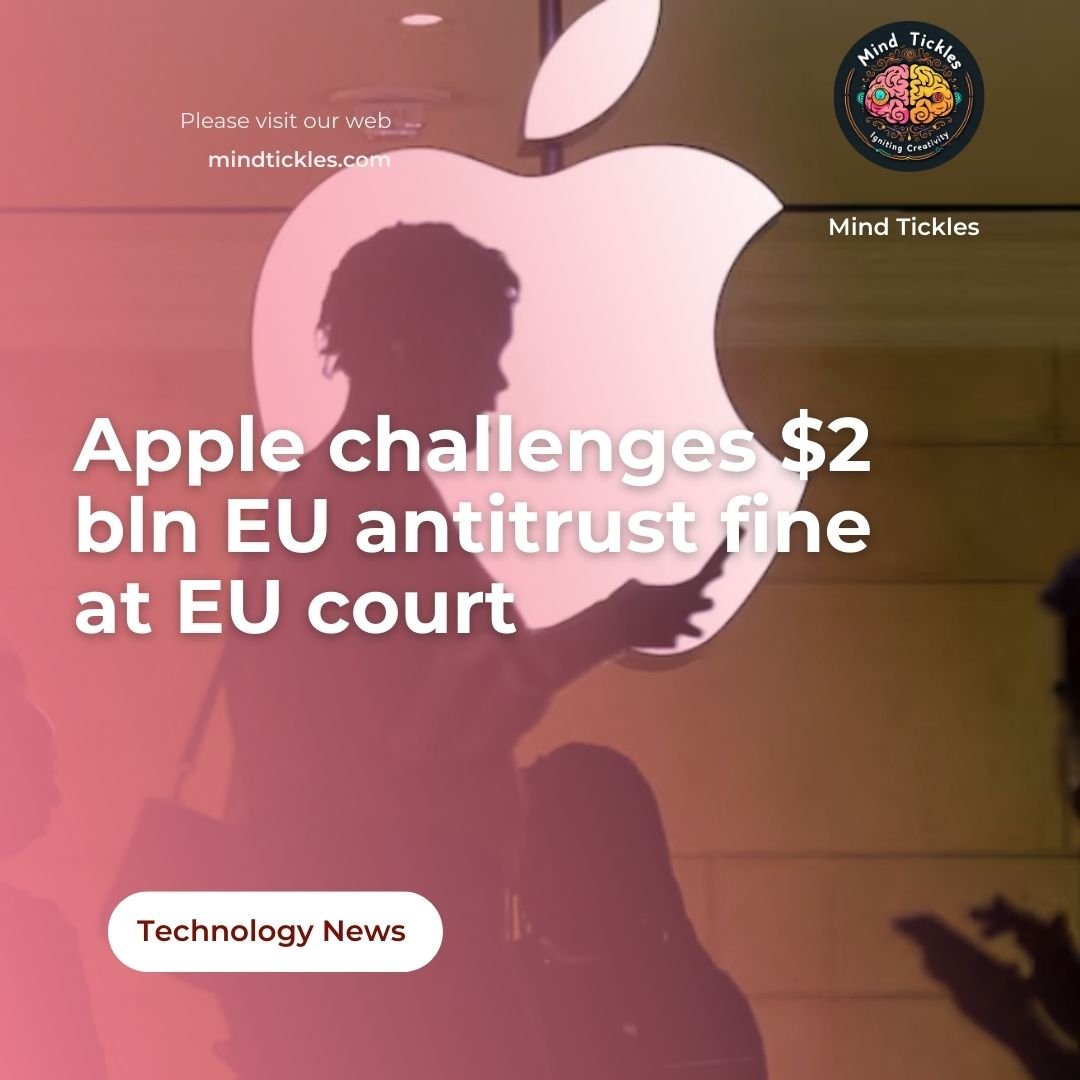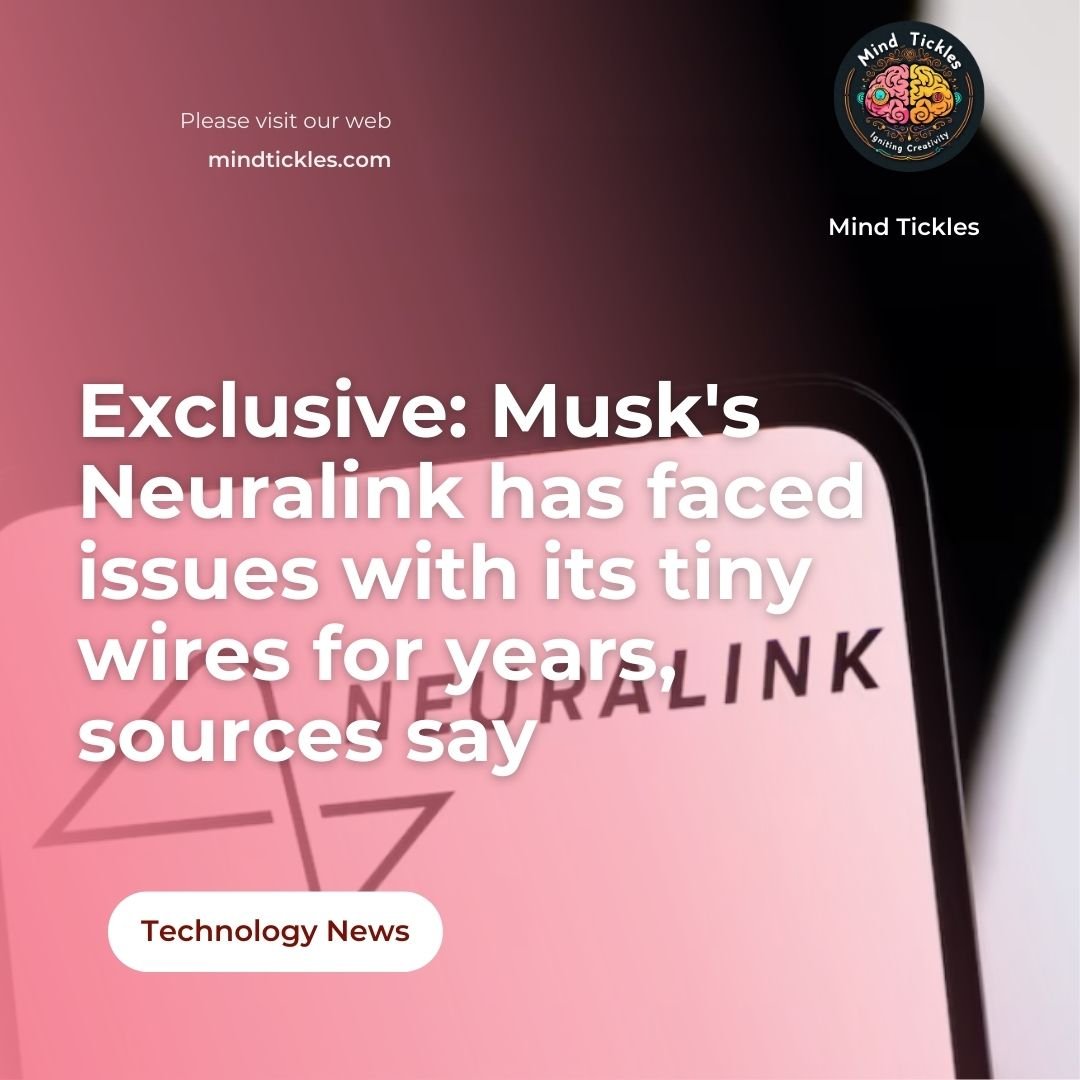Microsoft Hit with $242 Million US Verdict in Cortana Patent Lawsuit
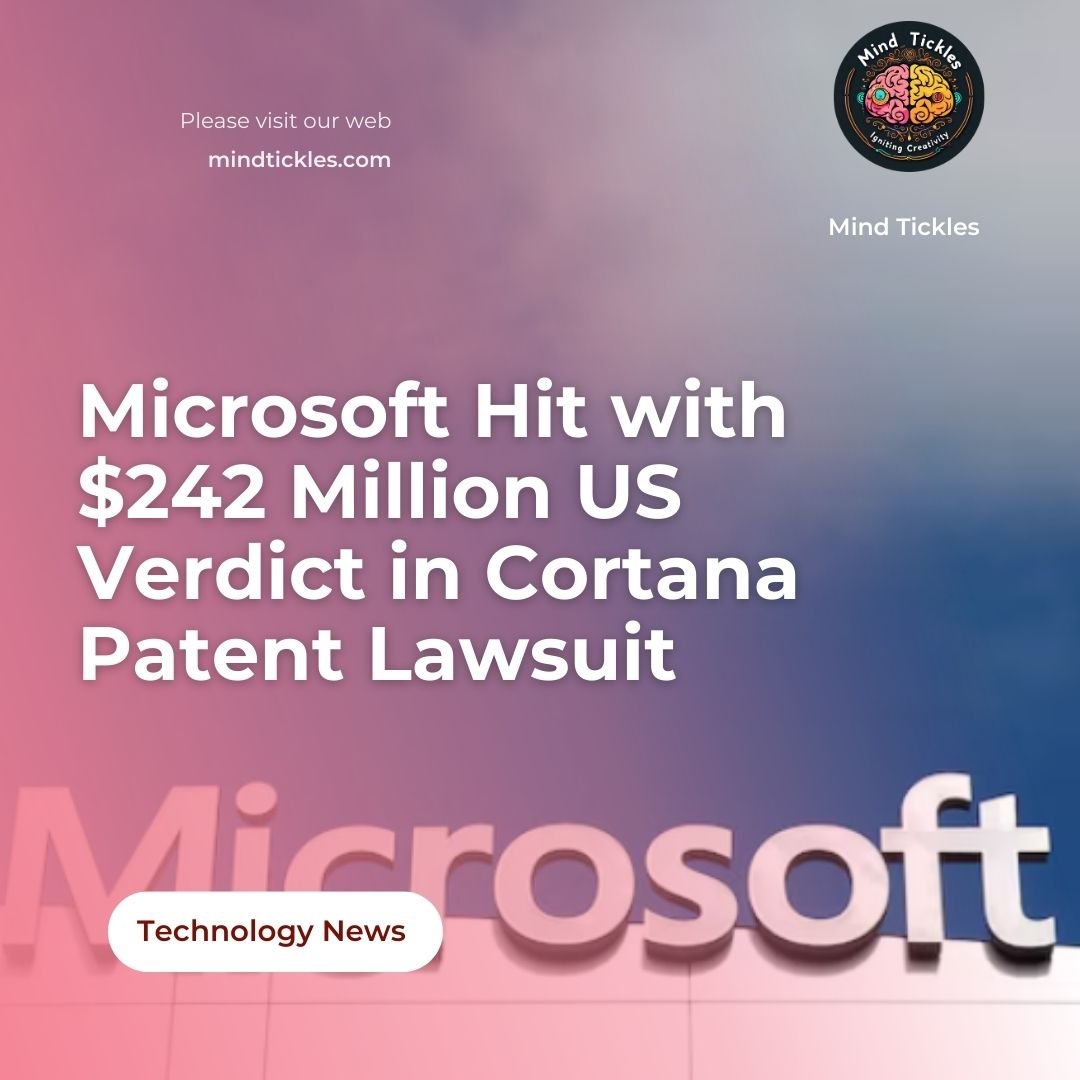
In a groundbreaking lawsuit, tech giant Microsoft (MSFT.O) was finishing the last part of appealing for the trial which took place in Delaware where the court ordered them to pay a whopping $242 million in damages to IPA Technologies as the winner of the litigation. This judgement, among others, came after a full evaluation of the patent where jurors concluded that the IPA international or with physical or emotional needs. The fact that the patent was granted illustrates the major questions regarding innovative technologies that involve intellectual property.
Understanding the Verdict
In brief, IPA Technologies has the case which states that computer-communications software software were developed by them and extremely similar to Microsoft’s voice-recognition technology. The sentence which follows the jury’s verdict is the closing point of the week-long trial that sought to unearth the inner workings of the patent law and those who were involved in the development of software. Even Microsoft insisting on zero-infringement, Jury approved IPA claim signifying a drastic setback for the tech-giant.
Implications for Microsoft
For Microsoft, not only a financial loss but also a severe damage to its reputation among the customers, the partners. The penalty not only inflicts on the firm a huge financial loss but also has devastating effects on its reputation and involvement in the sector of virtual-assistants technology in the future. The legal litigation reflected the significance of patent search as well as all-round strategy on the legal front for tech firms involved in a densely competitive space.
Industry Dynamics
The suit in addition exposes the general elements applying to the tech industry in regards to the battling of the confirmation of patent infringement and the administration of intellectual property. The companies which innovate faster than others to improve on the artificial intelligence and voice recognition technology do a web of the patents and legal frameworks, and after it has been determined they must protect their intellectual property while fostering competition and innovation.
Legal Responses and the Looking ahead
Concerning Microsoft, it has announced that it will seek a second instance hope for the court’s ruling in its support, based on the company denying any infringement on digital technology-related invention. The story of the legal process has only begun, with its final judgment to be made in the appeal court; accordingly, the future course of the case will be determined by how this stage is concluded. IPA Technologies and its parent organization Wi-LAN on the other hand have the determination to sue people who are using their patents without seeking their permission and then they want to be compensated fairly for using their patents.
Broader Ramifications
Beyond these parties too, the judgment is powerful, it hits the whole technology industry the processes and development, it sends a powerful signal that need to be heeded by all who are working in the field. This emphasizes the need for the usage of the preventive patent methods, tough legal defences just like a deep understanding of intellectual property laws as a measure to avoid the risks and protection of innovation.
Conclusion
In sum, the $242 million verdict issued for the Microsoft Courtane patent lawsuit pronounces a signal in a long discussion of ongoing future technology and intellectual property issues. While the legal family feud worn on, it becomes a needed lesson on how complex and, even sometimes, how twisted the relationship between technology and law would be.
In a landmark lawsuit, the federal jury in Delaware ordered Microsoft to pay $242 million to IPA Technologies, asserting IPA’s patent rights over Microsoft’s Cortana virtual-assistant software. This case highlights the challenges tech giants like Microsoft face in navigating the intricate landscape of intellectual property. As a patent-licensing company under Wi-LAN, IPA Technologies demonstrated the critical importance of protecting innovations in computer-communications software. The week-long trial scrutinized Microsoft’s voice-recognition technology, revealing significant overlaps with IPA’s patents. Microsoft spokesperson expressed the company’s disappointment and intention to appeal, underscoring ongoing tensions in the sector.
This verdict reverberates through the tech industry, especially among companies like Canadian technology firm Quarterhill and SRI International’s Siri Inc. It underscores the necessity for robust patent strategies and legal defenses to safeguard advancements in personal digital assistants. The case parallels notable lawsuits involving major players such as Google and Amazon, further emphasizing the competitive nature of voice-based data navigation technology.
As Blake Brittain reported, this decision signals a pivotal moment for tech companies and investment firms, emphasizing the need for stringent adherence to intellectual property laws. The outcome of Microsoft’s appeal will be closely watched, as it may influence future litigation strategies and patent enforcement in the rapidly evolving field of digital assistants.
.
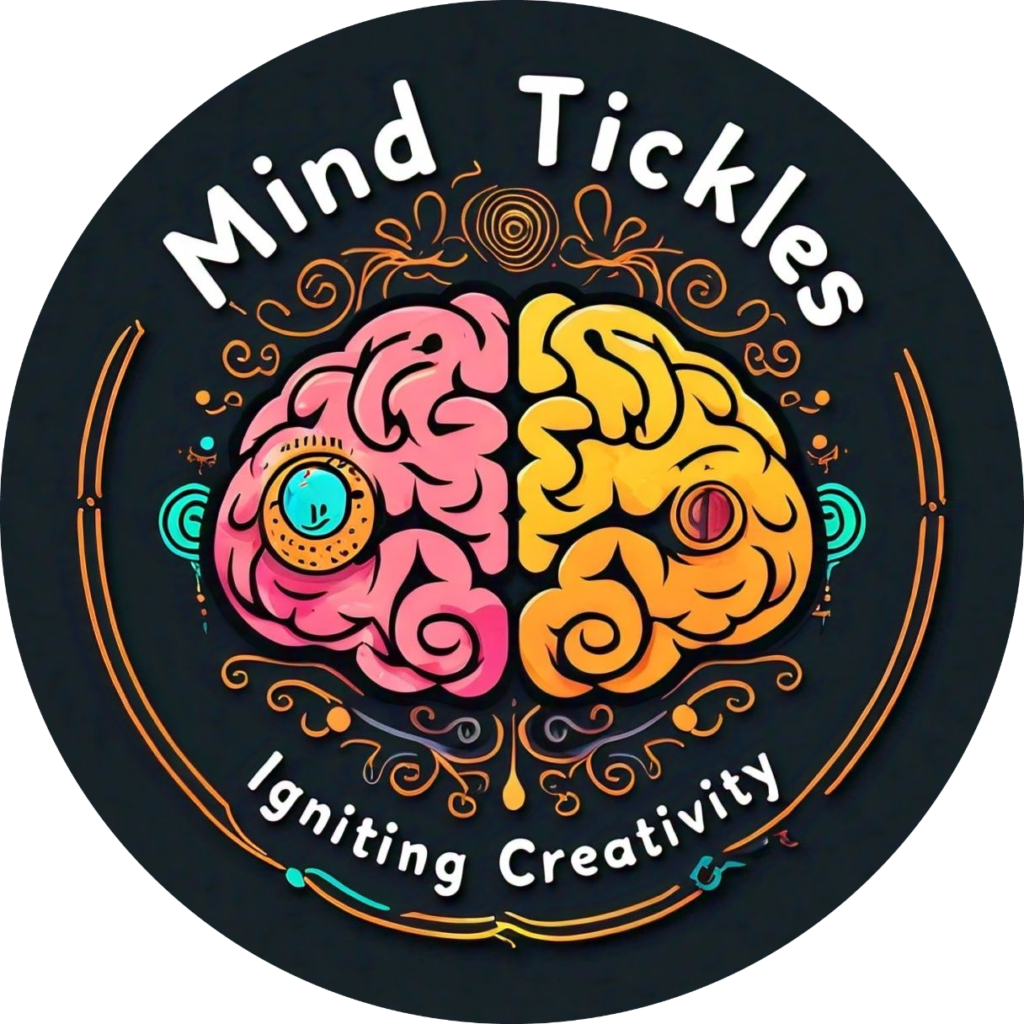
If you want to read more information just visit –> Mind Tickles
